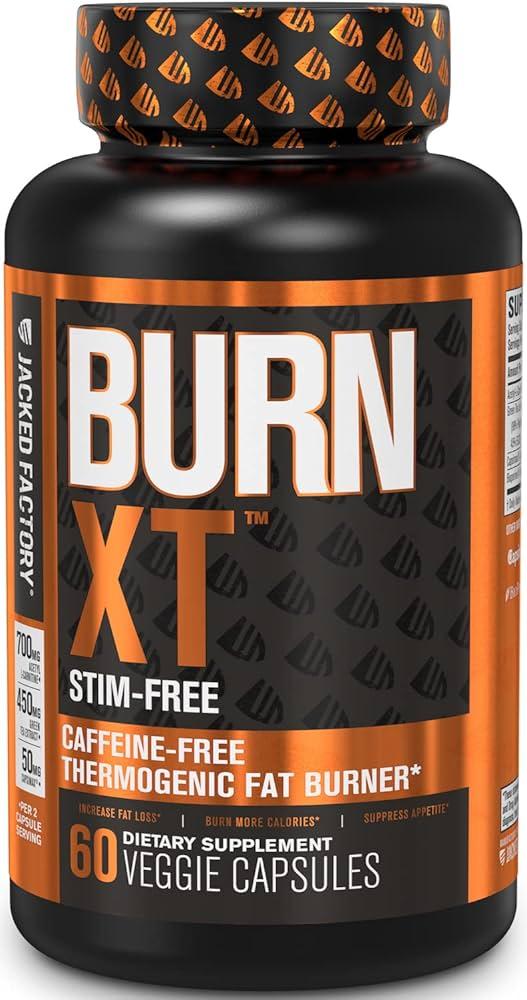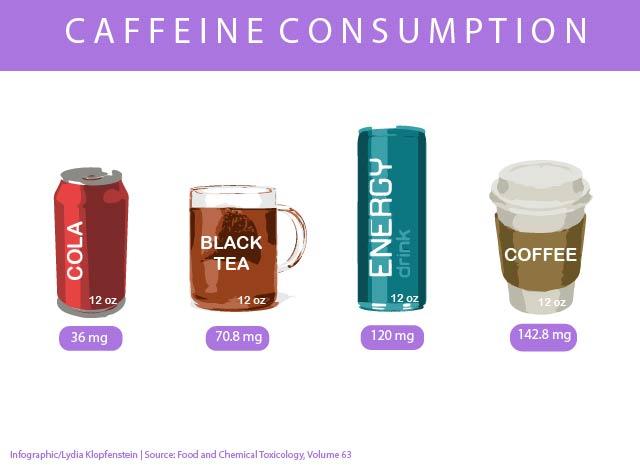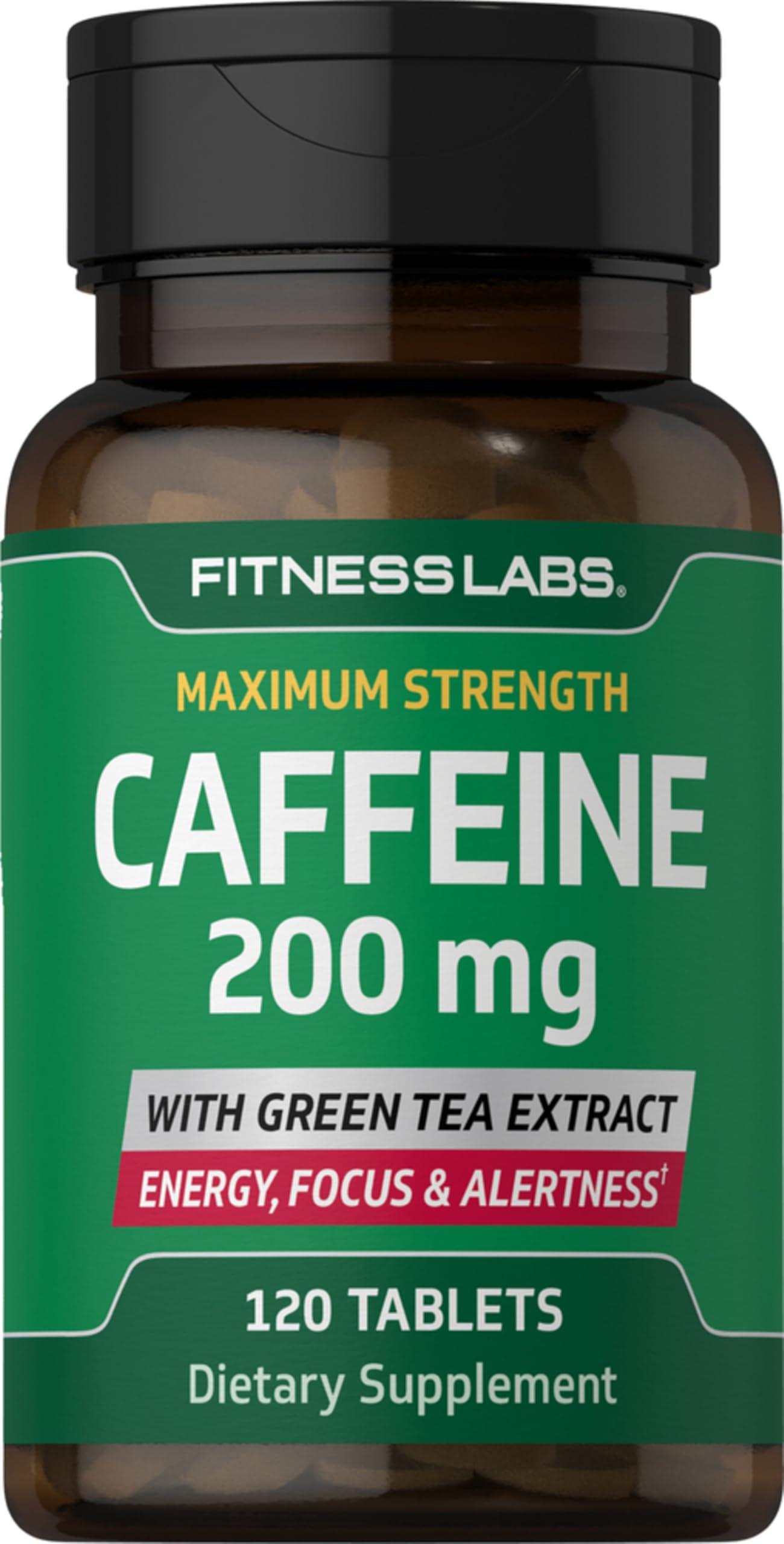How Caffeine Helps Burn Fat (And when to Take It) ☕🔥
In teh bustling world of wellness and fitness, caffeine has carved out a prominent niche, often hailed as a go-to ally for those seeking to shed unwanted pounds.More than just a morning ritual or a pick-me-up, this potent stimulant boasts a range of benefits that extend far beyond boosting energy. With research highlighting its potential to enhance metabolism and promote fat oxidation, caffeine emerges as a key player in the quest for effective weight management. But like any tool in your fitness arsenal, knowing how and when to harness its power can make all the difference. Join us as we explore the science behind caffeine’s fat-burning prowess and uncover the optimal times to incorporate it into your routine for maximum results. Whether you’re a casual coffee lover or a seasoned gym-goer, understanding caffeine’s role in your weight loss journey could reshape your approach to fitness and well-being.
The Science Behind Caffeine and Fat Oxidation
Caffeine is a robust stimulant that not only keeps you alert but may also play a pivotal role in enhancing fat oxidation. When consumed,caffeine interferes with the adenosine receptors in the brain,leading to increased energy levels and heightened metabolism. This metabolic boost can result in faster fat burning during physical activities. Research suggests that caffeine can elevate the metabolic rate by up to 11% in the short term, encouraging the body to utilize stored fat as a source of energy more efficiently.
Moreover, caffeine mobilizes fatty acids from adipose tissues, increasing their availability for oxidation.The mechanism behind this is primarily linked to its effect on catecholamines—hormones such as adrenaline that are released in response to physical activity. These hormones facilitate fat breakdown, effectively converting stored fat into usable energy. As a result, individuals who consume caffeine before exercise may experience heightened endurance and greater fat loss, thus making it an favorable addition to a weight management regimen.
In terms of timing and dosage, the effects of caffeine can vary. Studies indicate that consuming caffeine between 30 to 60 minutes before exercise maximizes its benefits.A typical effective dose ranges from 3 to 6 mg per kilogram of body weight, which can optimize performance and fat oxidation. However, it’s crucial to listen to your body and adjust based on tolerance and individual response. Tracking the timing of your caffeine intake can help fine-tune your workout regimen for better outcomes.
| Caffeine Timing | Fat Oxidation Benefits |
|---|---|
| 30-60 Minutes Before Exercise | Maximized mobilization of fatty acids |
| After Exercise | May enhance recovery, but less effective for immediate fat burning |
Understanding the relationship between caffeine and fat oxidation can empower individuals to optimize their workout routines and achieve their fitness goals. by incorporating caffeine wisely into your diet and exercise schedule, you can harness its fat-burning potential while maximizing your overall performance.So, whether it’s a pre-workout coffee or a caffeine-rich drink, being strategic about when you consume caffeine can substantially influence your fat loss journey.
optimal Timing for Caffeine Consumption to Maximize Fat Loss
Timing your caffeine intake can significantly enhance its fat-burning effects. Research suggests that caffeine is most effective when consumed before exercise. When taken about 30 to 60 minutes prior to your workout, caffeine can increase your metabolism and improve endurance, helping you push through that final rep or mile. This boost in energy can lead directly to a more intense workout, which is essential for maximizing fat loss.
Another strategic time to consume caffeine is early in the morning. For those who work out in the morning, a cup of coffee can elevate your metabolic rate. this is notably effective when combined with a small pre-workout meal,such as Greek yogurt along with some berries. The caffeine can stimulate fat oxidation, especially when glycogen stores are low after fasting overnight, leading to enhanced fat loss during your early workouts.
Consuming caffeine too late in the day can disrupt your sleep cycle, impacting recovery and growth. To avoid this, consider setting a cutoff time. Ideally, aim to consume caffeine before the early afternoon.Cutting off consumption by around 2 PM allows your body ample time to metabolize the stimulant, ensuring that your sleep remains undisturbed, which is crucial for overall health and weight management.
| Best Caffeine Timing | Benefits |
|---|---|
| 30-60 mins pre-workout | Increased metabolism & endurance |
| Morning (post-fast) | Enhanced fat oxidation |
| Cutoff by 2 PM | Improved sleep quality |
Incorporating Caffeine into Your Fitness Routine
Integrating caffeine into your fitness regimen can enhance your performance and fat-burning potential in several ways. Its stimulant properties are widely recognized for increasing energy levels and improving focus, which can be particularly beneficial during high-intensity workouts. By consuming caffeine, you may experience a notable rise in your endurance, leading you to push farther and achieve more during your training sessions.
Timing is everything. Consuming caffeine just before your workout allows you to maximize its effects. Most research suggests that taking caffeine approximately 30 to 60 minutes prior to exercise can yield the best results. This period allows enough time for your body to absorb the caffeine and convert it into energy, leading to improved performance and enhanced fat oxidation during your workout.
| Timing | Recommended Intake | Effects |
|---|---|---|
| 30 Minutes Before | 1-2 cups of coffee or 200-400 mg caffeine | Increased energy and focus |
| 60 Minutes Before | 1-2 energy drinks | Enhanced endurance and fat burning |
Along with enhancing workout performance, caffeine also plays a significant role in stimulating metabolism. Exercising while caffeinated can lead to increased fat utilization as a source of energy, particularly during aerobic activities. However, it’s vital to be mindful of your overall caffeine intake; exceeding the recommended dosage can lead to negative side effects such as jitteriness, sleep disturbances, and increased heart rate.
Potential Side effects and Considerations for Safe Use
While caffeine can significantly enhance fat burning, it’s essential to be aware of its potential side effects. Most notably, excessive caffeine consumption can lead to increased heart rate, anxiety, and insomnia. Individuals sensitive to stimulants may experience jitteriness or digestive upset, so it’s crucial to monitor your body’s response.If you notice any adverse reactions,consider adjusting your intake or consulting a healthcare professional.
Timing and dosage play pivotal roles in the safe use of caffeine. Consuming caffeine too late in the day can disrupt your sleep cycle, leading to fatigue and reduced performance the following day. To maximize fat-burning benefits while minimizing side effects, it’s advisable to limit caffeine intake to earlier in the day. A balanced approach includes:
- moderate consumption: Stick to 200-400 mg of caffeine daily.
- Avoid pre-workout cocktails: Keep caffeine intake separate from other stimulants or supplements.
- Stay hydrated: Proper hydration helps mitigate the diuretic effects of caffeine.
Lastly, individuals with certain medical conditions, such as hypertension or heart disease, should proceed with caution. A thorough discussion with a healthcare provider is essential for understanding any interactions or risks associated with caffeine. Keeping track of your overall health, including how caffeine fits into your dietary and exercise routine, will help ensure a positive experience while harnessing its fat-burning power.
Q&A
Q&A: How Caffeine Helps Burn Fat (And When to Take It)
Q1: What is caffeine, and how does it relate to fat burning?
A: Caffeine is a natural stimulant found in coffee, tea, chocolate, and various energy drinks. When consumed, it increases adrenaline levels in the blood, which can boost the breakdown of fat cells and enhance metabolic rate. Consequently, caffeine can help the body to utilize fat as an energy source during physical activity.
Q2: How does caffeine affect metabolism?
A: Caffeine stimulates the central nervous system, which can lead to an increase in metabolic rate. Studies have shown that it can enhance the thermogenic response of the body,meaning it helps burn more calories,even when at rest. Additionally, it may enhance the energy expenditure from both aerobic and anaerobic exercises.
Q3: are there specific types of fat that caffeine helps to burn more effectively?
A: Caffeine is particularly effective at mobilizing fatty acids from fat tissue. it encourages the use of stored fat for energy during exercise, particularly during prolonged or high-intensity workouts. This is beneficial for those looking to reduce body fat percentage while maintaining energy levels.
Q4: When is the best time to take caffeine for optimal fat burning?
A: The ideal time to consume caffeine is about 30-60 minutes before exercising, as it can enhance performance and fat oxidation during physical activity. Timing can vary depending on individual sensitivity and tolerance, but generally, pre-workout consumption can provide the best benefits.
Q5: Can caffeine contribute to weight loss if consumed without exercise?
A: While caffeine can produce slight increases in metabolism, its most effective fat-burning results occur in conjunction with physical activity. Simply consuming caffeine without any form of exercise may not result in significant weight loss. A balanced approach with diet and exercise is recommended for best results.
Q6: How much caffeine is considered effective for fat burning?
A: A common recommendation is a dose of about 3-6 mg per kilogram of body weight,which can be roughly translated to about 200-400 mg for a standard adult. However, individual tolerance levels vary, so it’s essential to assess your own response to caffeine and adjust accordingly.
Q7: Are there any downsides to using caffeine for fat loss?
A: While caffeine has numerous benefits, potential side effects include insomnia, increased heart rate, and digestive issues, especially in excessive amounts. Additionally, dependence can develop over time, leading to diminished effects. Moderation is key, and it’s important to listen to your body’s cues.
Q8: Can I still achieve fat loss if I’m sensitive to caffeine?
A: Absolutely! If you’re sensitive to caffeine, there are alternatives such as green tea extract or other natural fat burners that have milder stimulant effects. Additionally, focus on a comprehensive approach that includes a healthy diet and regular exercise—caffeine is just one piece of the fat loss puzzle.Q9: Should I always rely on caffeine during my fat-burning journey?
A: While caffeine can be a useful tool, it’s essential to remember that sustainable fat loss comes from a holistic approach combining nutrition, exercise, and healthy lifestyle habits. Relying solely on caffeine may lead to short-term effects but can sidestep the long-term benefits of comprehensive health practices.
Q10: What’s the takeaway message about caffeine and fat burning?
A: Caffeine can be a powerful ally in the quest for fat loss, particularly when used strategically around exercise. However, practicing moderation and combining it with a balanced diet and active lifestyle will lead to the most triumphant and sustainable results.
Concluding Remarks
As we wrap up our exploration of caffeine’s role in fat burning,it’s clear that this beloved stimulant does more than just perk us up for the day. From boosting metabolism to enhancing performance,caffeine can be a valuable ally in your fitness journey—when used wisely. Remember, timing is crucial; incorporating it strategically into your routine can optimize its fat-burning benefits while minimizing potential side effects.
So next time you sip your morning coffee or reach for that energized pre-workout drink, consider how you’re harnessing the power of caffeine. With the right approach, you can turn this everyday indulgence into a tool for reaching your health and fitness goals. By understanding how and when to use caffeine effectively, you can unlock its full potential and work toward a more energized, healthier you. Cheers to an empowered journey! ☕🔥





